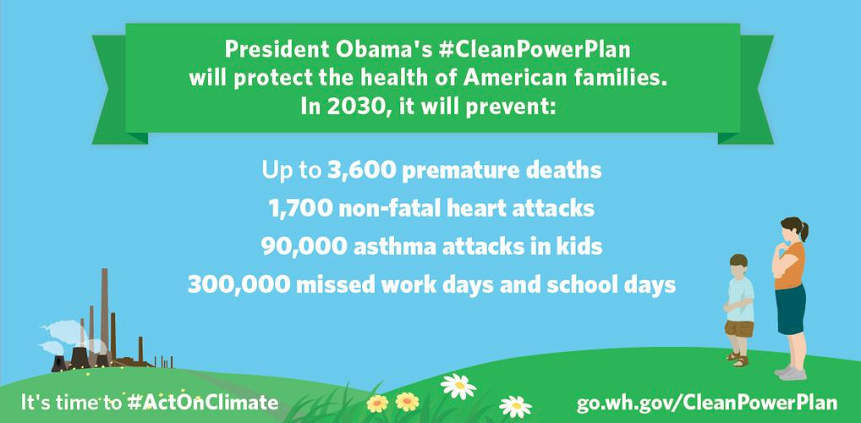New federal safeguards to reduce carbon emissions from existing power plants are necessary not just because they help the environment, but because they are the right and moral thing to do, North Carolina faith leaders say.
NC Interfaith Power & Light supports the Clean Power Plan released August 3, by the US Environmental Protection Agency, which calls for reducing carbon pollution from existing power plants by 32 percent by 2030.
Jennifer Copeland, Executive Director of the NC Council of Churches, said the measures in the plan will take steps toward safeguarding the planet for the common good, as called for in the Pope’s recent encyclical on the environment.
“Pope Francis calls us to work together to take action to protect God’s creation and those who are most vulnerable to climate impacts,” she said. “The Clean Power Plan is one step in curbing greenhouse gas emissions that contribute to climate change.”
The Clean Power Plan calls on states to reduce carbon emissions from power plants — which account for 40 percent of national carbon emissions — and to increase reliance on alternate, cleaner sources of power, such as wind and solar, steps North Carolina is already taking. More than 4,000 people in North Carolina have jobs related to the solar industry and jobs in the wind industry are also on the rise.
In North Carolina, we are blessed with abundant clean sources of energy like the wind and the sun. The Clean Power Plan will not only reduce the amount of harmful carbon pollution that is being emitted but also serve to further drive innovation in clean energy that will be good for jobs and rural economies in our state.
Carbon dioxide emissions have been a major driver in global climate change. Current impacts include severe storms, deadly heat waves, drought, flooding, and wildfires, all of which severely impact God’s creation. Carbon pollution is also related to health problems such as respiratory ailments. Interfaith Climate Action Coalition organizer Ahmer Inam of Charlotte said the actions the plan proposes can help restore the health of the planet and its people.
“Reducing carbon emissions from existing power plants is equivalent to increasing the oxygen content in the lungs of someone trying to quit smoking,” said Rev. Scott Hardin-Nieri, Director of the Creation Care Alliance of Western North Carolina.
Leaders of NC Interfaith Power & Light say the nation has a moral responsibility to reduce carbon pollution, since the US produces more and has a greater ability to limit emissions and can help lead a global effort for reductions.
In addition, climate change significantly exacerbates issues on which congregations and faith communities are already working: issues like hunger, clean water, disaster relief, refugee services, and conflict resolution.
Faith leaders need to connect the dots between climate change and its impacts and advocate for meaningful solutions. Limiting carbon pollution from power plants is a key part of that solution. We call upon people of faith to provide leadership on this issue and act in the interest of the common good.
NC Interfaith Power & Light (NCIPL) works with faith communities to identify and implement positive, hope-filled solutions and responses to climate change as a moral imperative.
More on the Clean Power Plan:

